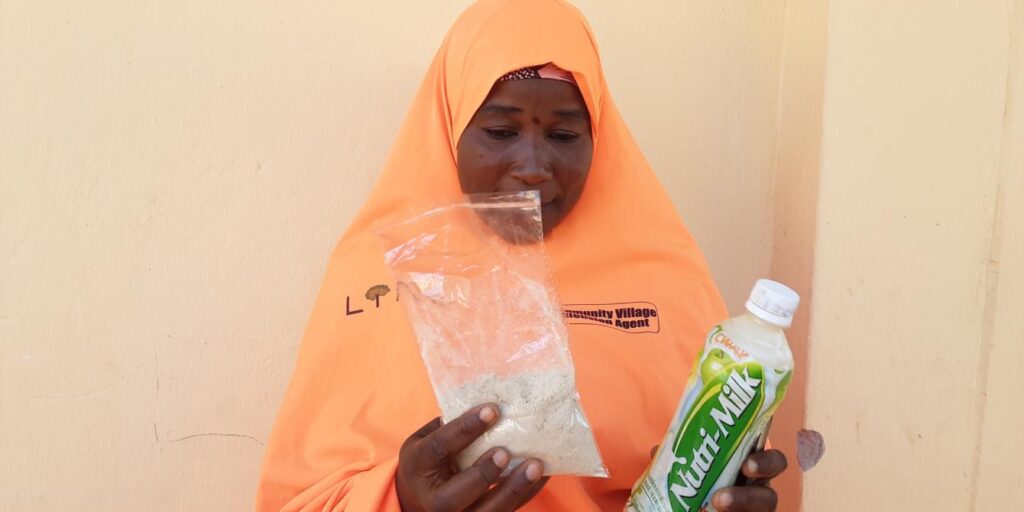“I have consistently stepped down all of the training I’ve received from our workshops to women farmers in my community,” said Hafsat Saleh Yaro, 33-year-old mother of three from Faggo village in Shira local government area of Bauchi State.
Bauchi, just like most states in northern Nigeria and developing countries are facing major challenges today concerning food security mostly as a result of changes in land use, coupled with population pressure and adverse weather conditions.
Agricultural extension service agent like Hafsat is rising to the challenge by training and guiding farmers in her village, particularly female farmers in various agricultural value chain technologies.
Passion to contribute to food security in her community inspired Hafsat to rise to the challenge to volunteer as an agricultural extension service agent. Working with a partner organization, Pastoral Resolve (PARE), Hafsat received training on how to prepare and preserve nutritious meals using readily available locally farmed ingredients. She was also trained on best practices for site selection, weeding, waste removal, planting, fertilizer application, pest control, grain storage as well as livestock management.
“I have trained over one hundred women farmers on modern farming techniques, better ways to process and preserve farm produce, how to make local juice, pasta from sorghum grains, and fortified Nutri-meals for children under the age of five,” said Hafsat.
“Seeing how the women who I have trained in my village translate the knowledge they have received into their everyday meal preparation and watching a child who was once malnourished regain vitality gives me fulfillment,” Hafsat added.
Through funding support from European Union, Oxfam Livelihood and Empowerment (LINE) project is improving the livelihoods of 10,000 (60% women) rural farmer households in Bauchi State through increased farm productivity, enhanced market access, better nutrition, and improved/enhanced enabling environment for agricultural business development.
